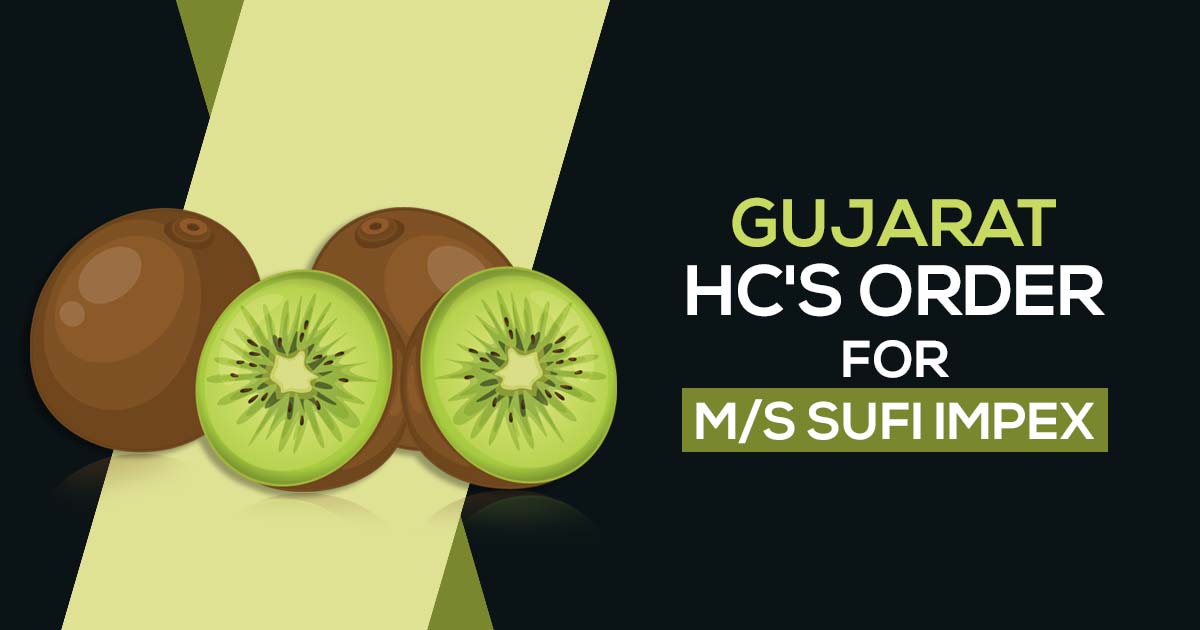
The Gujarat High Court ruled that the release of the seized Kiwi fruits in the interim and ordered that when it comes to perishable commodities, the authorities must take steps more quickly. M/s Sufi Impex is the petitioner in this case.
The seizure letter sent to all petitioners under Section 11 of the Customs Act of 1962 is the subject of the petitioner’s claim. According to the challenge that the petitioners misdirected when providing information regarding the import of the aforementioned items, the petitioners imported the products referred to as fresh Kiwi fruits or assorted seized momo.
The products were seized by the authorities in accordance with their authority under Section 110 of the Customs Act of 1962, and it was observed in the seizure report that the same phytosanitary certificate had been used several times for the same quantities.
Read Also: ITAT Grants Exemption for Charitable Trust Under Section 11
According to the petitioner’s advocate, the commodities have been occupied with the authorities from the date of occupation. They are about to expire because they are decomposable or perishable, which could face a significant financial loss. Additionally, they have preconceptions for the petitioner, who has already requested that the authorities remove the goods.
The bench, consisting Justices NV Anjaria and Niral R Mehta, said that if the products are perishable in nature, the authorities must take actions as soon as possible to start the adjudicatory process and make a decision.
The bench also observed that, concerning the circumstances under which the petitioner may receive the goods, the court leaves that decision to the concerned competent authority, who will set the terms following those set forth by this court in M/s. A and A Shipping Services, using sound discretion in that regard, and upon fulfilment of those terms, will provisionally release the goods.









